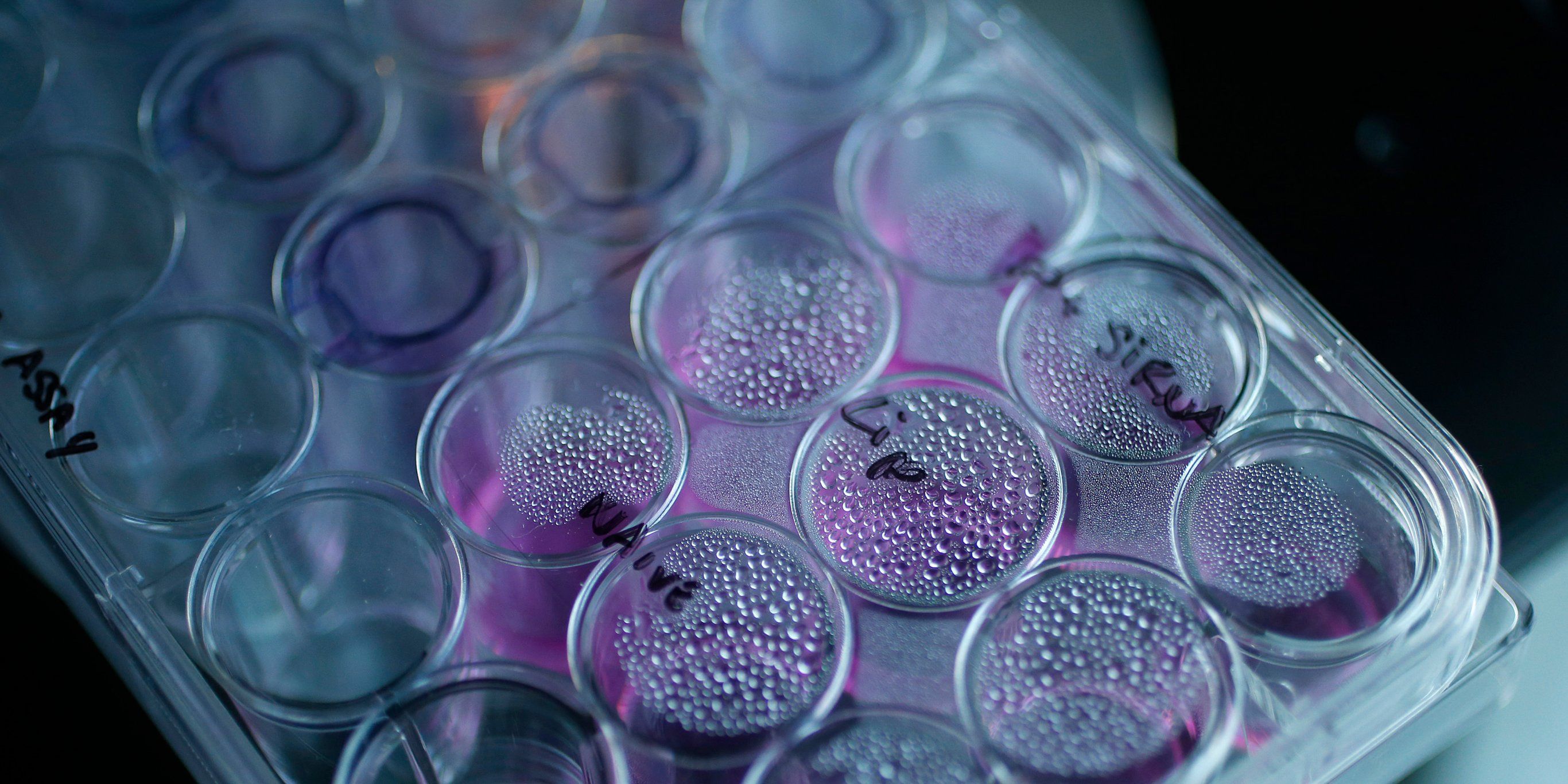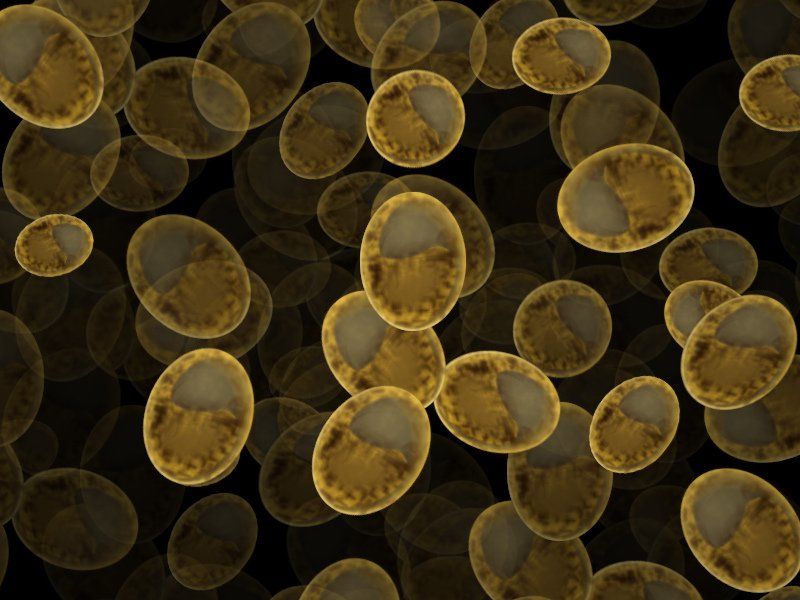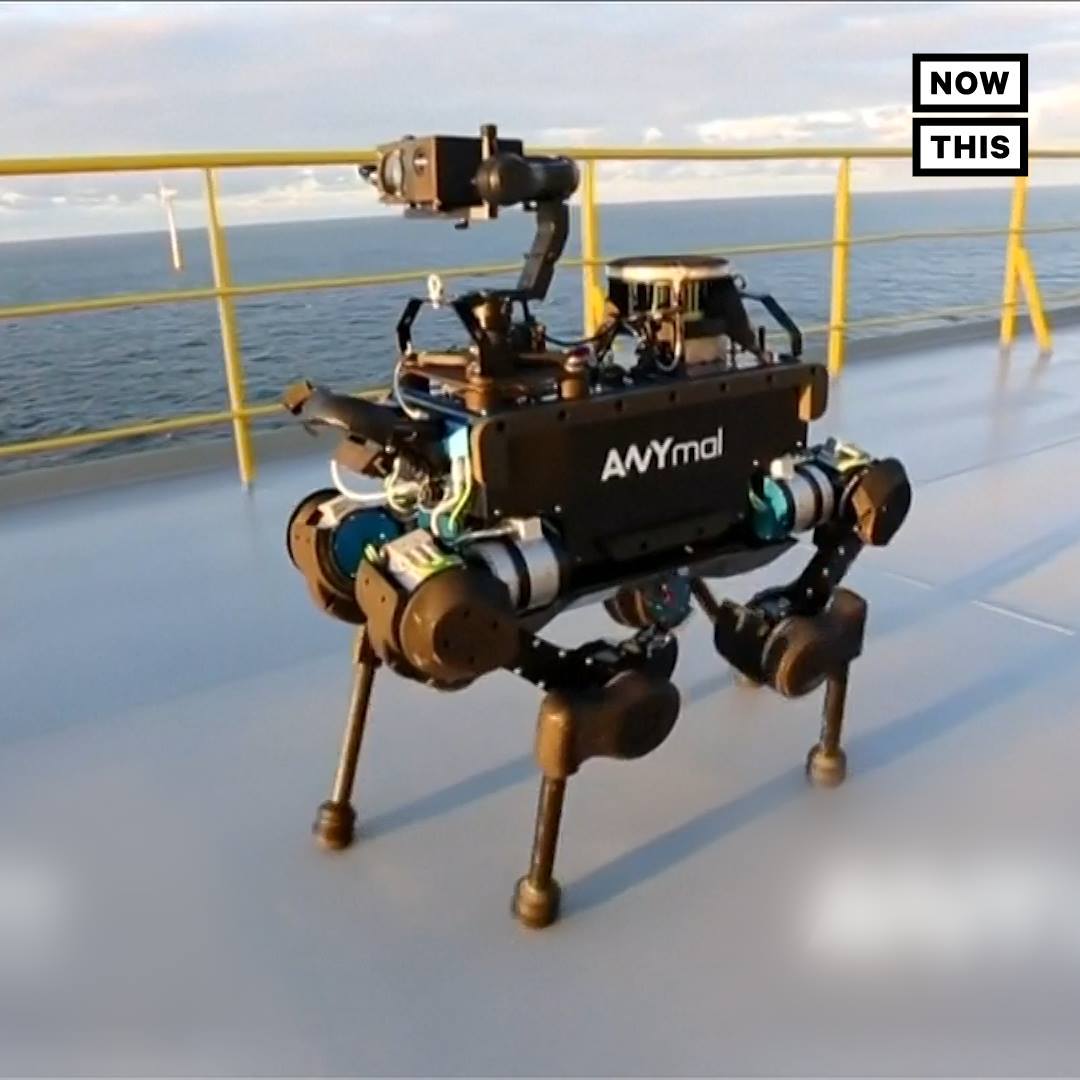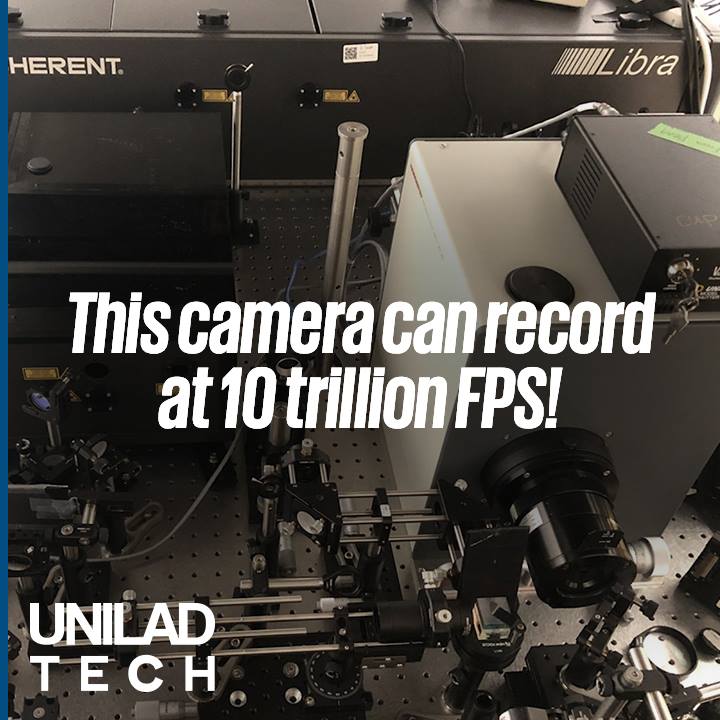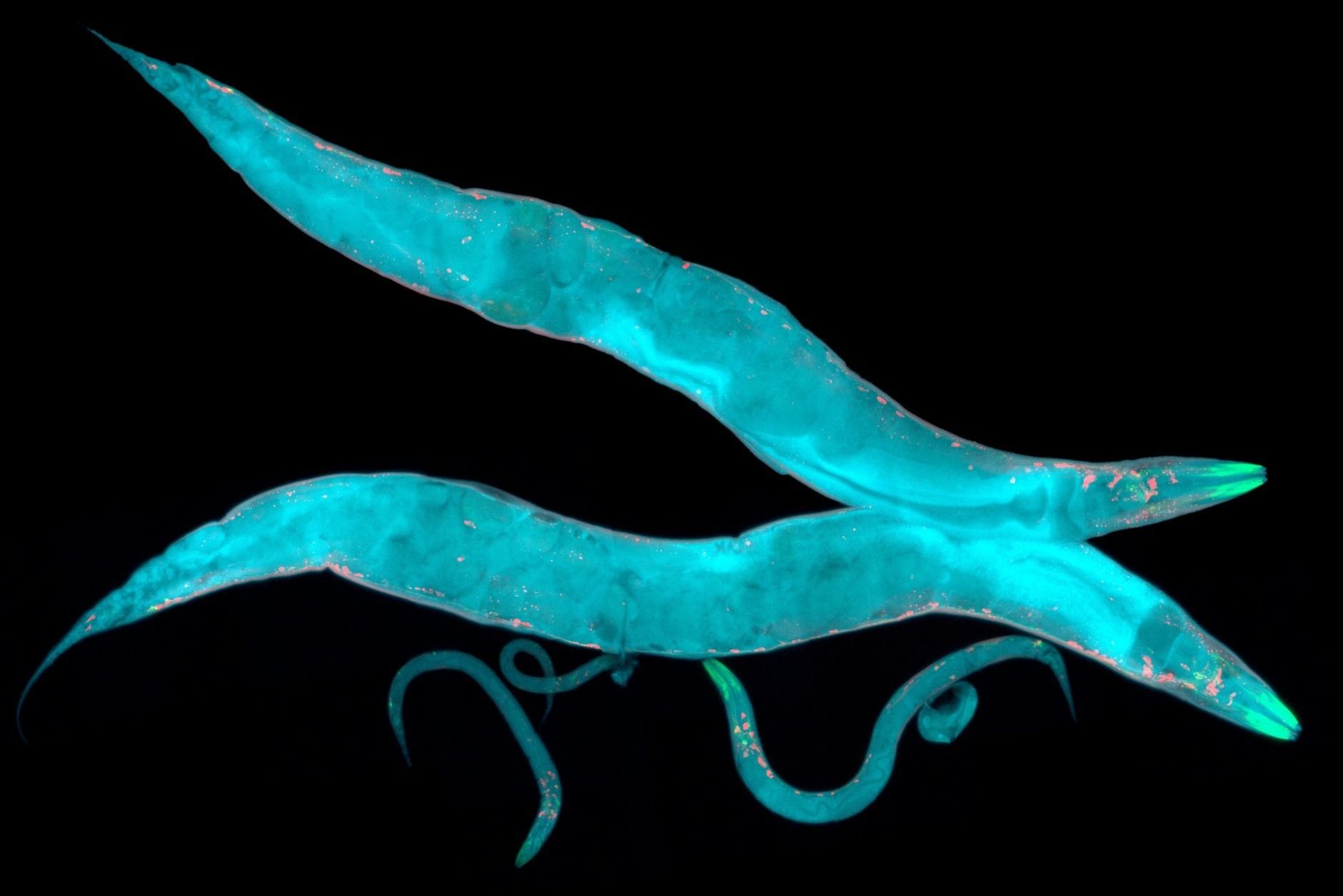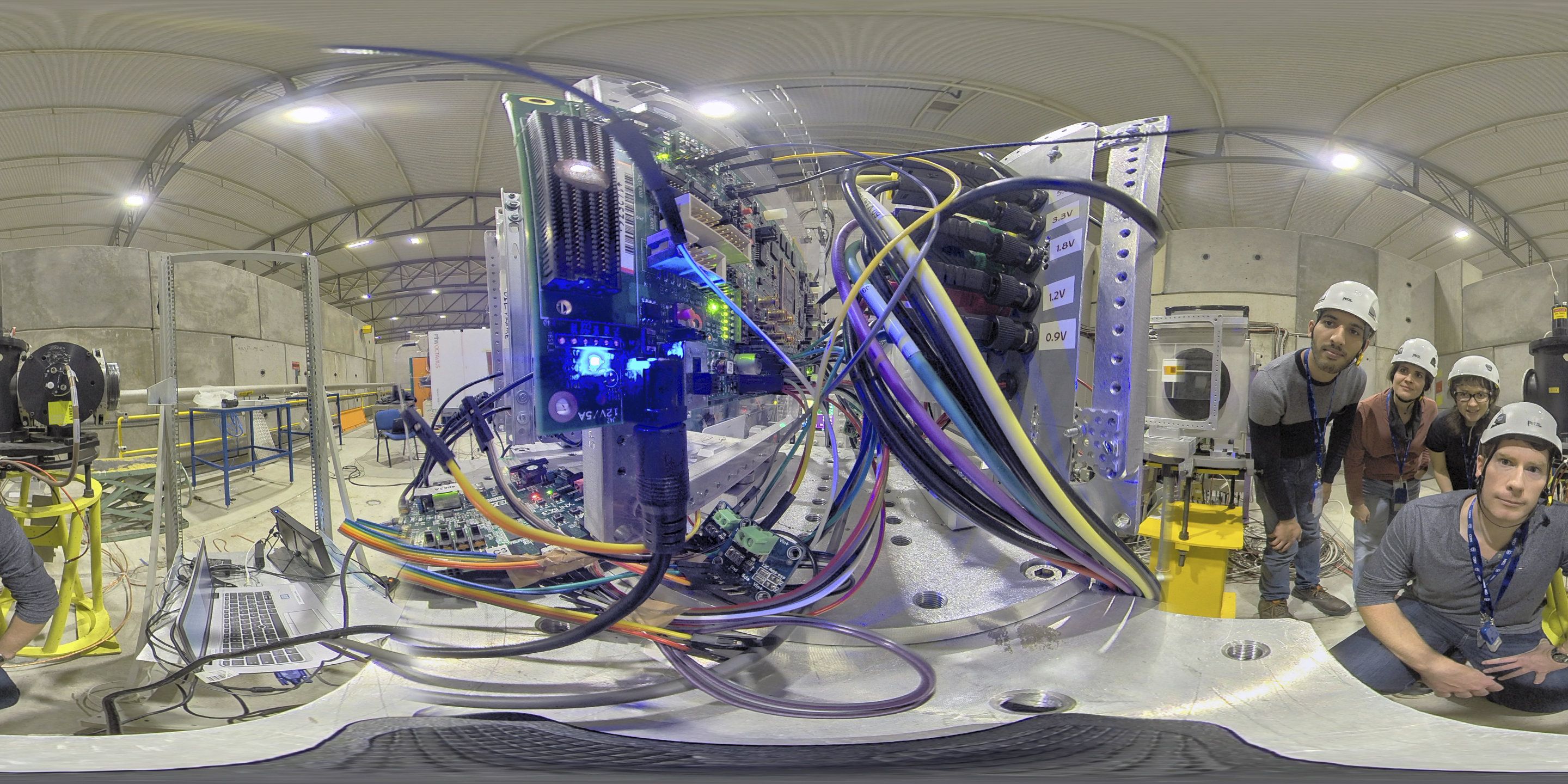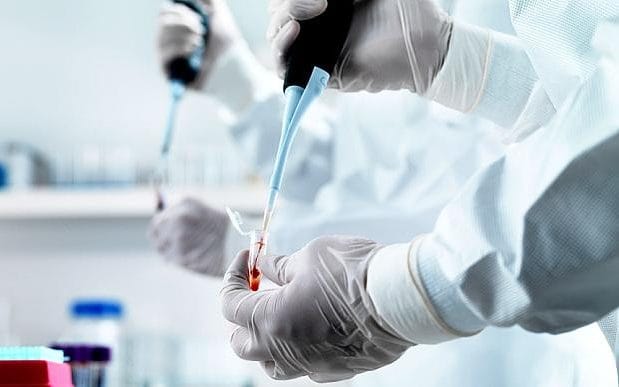Dec 4, 2018
The FDA just approved a drug that targets cancers based on DNA, rather than where the tumor is in your body
Posted by Shailesh Prasad in categories: biotech/medical, genetics
- The FDA on Monday approved a new cancer treatment in an unconventional way: not by tumor type, but rather by the genetic mutation the drug targets.
- The drug, Vitrakvi, was developed by Loxo Oncology in partnership with pharma giant Bayer.
- It’s only the second time the FDA has approved a cancer drug’s use based on a certain mutation rather than a particular tumor type.
The Food and Drug Administration on Monday took an unconventional approach to approving a new cancer drug.
The drug, Vitrakvi, was developed by Loxo Oncology. It’s the company’s first drug to get approved.
